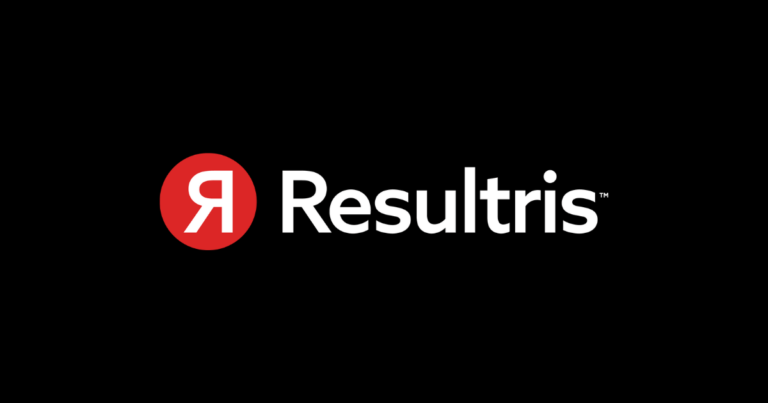

Microsoft Excel is undoubtedly one of the most commonly used software globally, primarily as a spreadsheet program. It is convenient for various functions, including data entry, analysis, charting, and creating reports. Due to these features, people often assume that Excel is a database. However, that is not the case. In this article, we will address the question – is Excel a database? We’ll explore the differences between a database and a spreadsheet and explain why Excel cannot serve as a database, despite its perceived similarities.
Before we can answer whether Excel is a database, we need to understand what a database is. A database is simply a structured collection of data that allows for easy querying and manipulation of data. Databases can be simple or complex, depending on their intended use.
Excel is a spreadsheet program that allows users to work with data in an organized manner. Spreadsheets have rows and columns that define cells for entering and manipulating data. Excel has many features to help with tasks like organizing, analyzing, and visualizing your data.
The biggest difference between a spreadsheet and a database is the level of complexity. Spreadsheets like Excel are simpler and more flexible, allowing users to perform basic operations on data. Databases, on the other hand, are designed to handle complex data relationships and queries.
Excel stores data in a single file, whereas databases store data across multiple tables. Excel is great for working with small and relatively simple datasets. Databases are designed to store large and complex datasets that require efficient methods of accessing and retrieving data.
Data security is a critical aspect of any information system. Excel has some basic security features, but it is not designed for robust security. Databases typically have more advanced security features, such as role-based access control, that allow administrators to limit access to data.
If you have a small amount of data and want to perform quick data entry, manipulation, or analysis, Excel is a great choice. It is easy to use, widely available, and provides many features that allow you to work with your data in new and creative ways.
If you have complex data relationships, large datasets, high data volume, or a large number of concurrent users, you should consider using a database. Databases provide robust security features, efficient data storage and retrieval, and many advanced features that make working with complex data more manageable.
Although Excel may not have the features of a full-scale database management system (DBMS), you can use it as a lightweight database. There are many benefits to using Excel as a database, such as portability, ease of use, and flexibility. However, before you decide to use Excel as a database, there are some things to consider.
Excel can be an excellent option for small businesses or individuals who want to track simple data, such as inventory or expenses. For example, a freelancer may use Excel to track clients, invoices, and payments. In this case, the data is relatively small and uncomplicated.
Excel is not an ideal choice for larger businesses or organizations with complex data relationships and large datasets. Although Excel can handle data well, it is not a scalable solution, nor is it designed to handle multiple users simultaneously. Excel’s security features are also limited compared to a traditional DBMS. Therefore, sensitive data should be stored in a secure database.
Excel is an excellent tool for many tasks, but it is not a database management system. While it is possible to use Excel as a database, it is not recommended for larger datasets and complex data relationships. Databases have many benefits, including improved data security, scalability, and enhanced data management features. Before deciding whether to use Excel or a database, you should carefully consider your needs and the level of complexity of your project.
Here are some frequently asked questions about whether or not Excel is a database:
Yes, Excel can be used as a lightweight database, but it is not a full-fledged database management system. Excel is useful for smaller datasets, basic data manipulation, and data entry. However, for larger datasets or complex data relationships, a traditional DBMS may be the better solution.
Excel has several limitations that make it less than ideal for use as a database. Excel is not designed to handle large datasets, concurrent users, and complex data relationships. Additionally, Excel does not have the same robust security features that traditional DBMS systems offer.
The primary difference between a spreadsheet and a database is the level of complexity. Spreadsheets like Excel are simpler and more flexible, allowing users to perform basic operations on data. Databases, on the other hand, are designed to handle complex data relationships and queries.
Excel lacks some essential features that are available in a full-fledged DBMS system, such as the ability to handle large data volumes efficiently. Other features, such as advanced security and data integrity checks, are also lacking in Excel.
Excel is an appropriate solution for small datasets, basic data entry, and data manipulation. For example, if you are tracking a small inventory, Excel may be a suitable solution. Conversely, if you need to track thousands of inventory items or manage a significant amount of customer or employee data, a traditional DBMS system would be the better choice.
Explore the world of Microsoft PowerPoint with LearnPowerpoint.io, where we provide tailored tutorials and valuable tips to transform your presentation skills and clarify PowerPoint for enthusiasts and professionals alike.

Your ultimate guide to mastering Microsoft Word! Dive into our extensive collection of tutorials and tips designed to make Word simple and effective for users of all skill levels.

Boost your brand's online presence with Resultris Content Marketing Subscriptions. Enjoy high-quality, on-demand content marketing services to grow your business.
